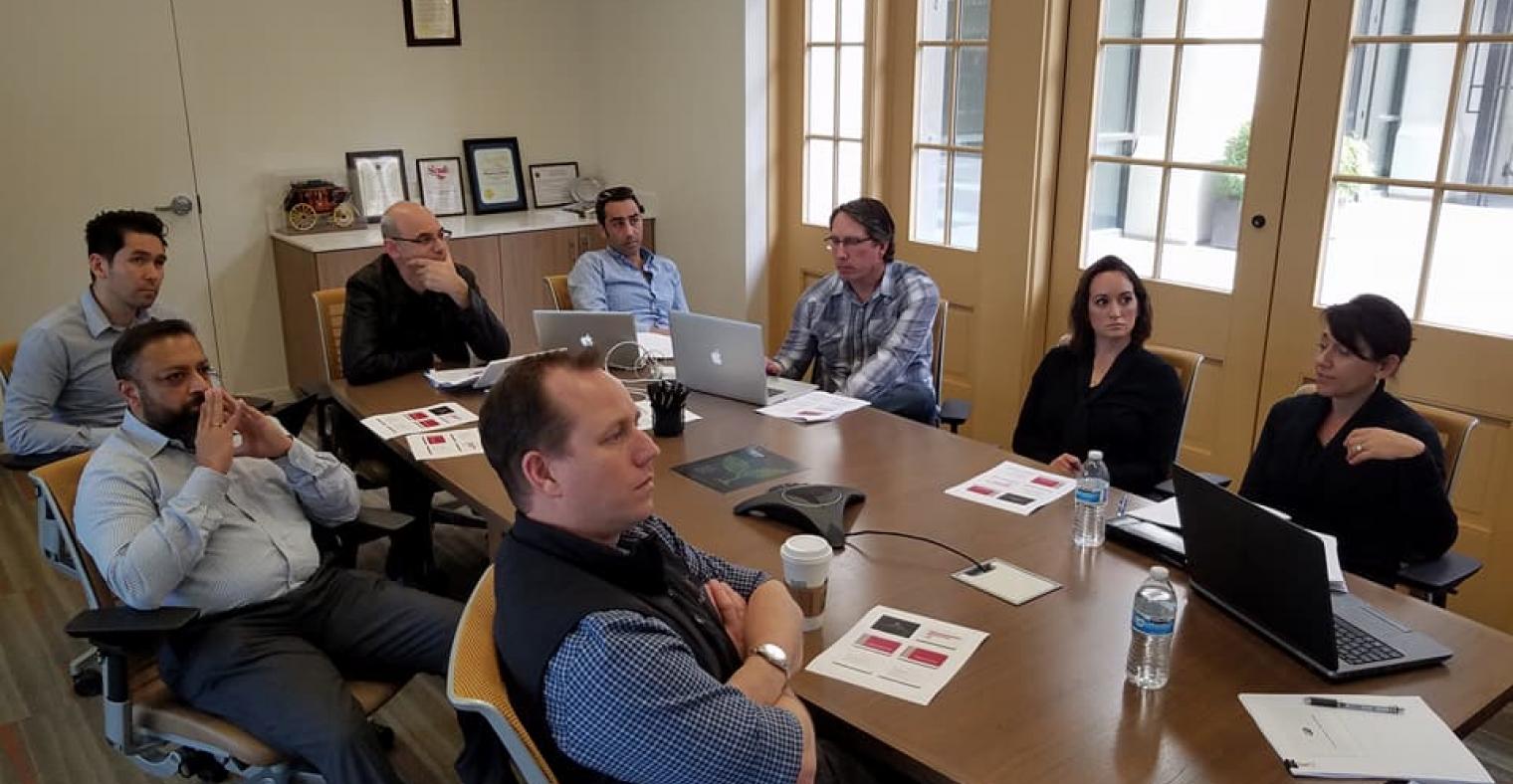What our Innovators are Reading Now
Posted on February 08, 2018 10:51 AM by WGCIT
WG Partners with Phoenix Business Journal to Host Next Generation AgTech Panel
On February 27, the next generation of farmers will come together to have an in-depth discussion about the challenges currently faced on the farm and the possibilities of the agricultural technology. The “Power Breakfast: AgTech - View from the Farm” event features a panel of future farming leaders in the Arizona region who will share insight on how agriculture and technology are coming together.
DEADLINE APPROACHING: Cast Your Vote in the AgFunder Innovation Awards
Louisa Burwood-Taylor and Emma Cosgrove
It’s that time of year again to recognize the innovators and entrepreneurs driving the agrifood tech sector forward with the AgFunder Innovation Awards. These are peer-selected awards based on votes placed by you, our 45,000-strong network. Voting will close at 5 pm PT on February 23 and the winners will be exclusively announced at the World Agri-Tech Innovation Summit in San Francisco March 20-21.
Organic Growers Summit – First Time Event Draws Enthusiastic Crowd
With Western Growers as one of its significant sponsors, the inaugural Organic Grower Summit was held in Monterey, CA, in mid-December, with a lively audience and a tech-heavy trade show.
The summit was co-hosted by the Organic Produce Network and California Certified Organic Farmers, with Western Growers serving as the technology sponsor, including hosting “Tech Alley” during the trade show portion of the full-day event. Also featured were six breakout sessions and three keynote addresses, which largely served to quantify the increasing impact organics are having on the food industry.
Why Silicon Valley should take ag tech more seriously
Arian Aghajanzadeh
A 2015 report by McKinsey & Company stated that agriculture and hunting remain the least-digitized industries in the United States. However, farmers long have sought cost-effective tools to increase the efficiency of their fields. Sensors that measure air and soil, livestock biometrics and automated systems that use the internet of things (IoT) to control irrigation are just some tools already available. Precision equipment, geo-positioning systems, big data, unmanned aerial vehicles, drones and even robotics are also leaving their mark on farming.
Strides made toward mechanical harvesting of New Mexico chile crop
Diana Alba Soular, Las Cruces Sun-News
The mechanical harvesting of one of New Mexico's favorite crops is inching closer to reality, experts said Tuesday at a yearly chile conference.
Green chile is still harvested by laborers due to challenges in picking peppers — and removing the stems — by machine. Some experts have said the move to mechanical harvesting is needed to keep the commercial chile industry alive in the long-term in the face of a labor shortage and growing competition from Mexico.
Robots, local greens growers lauded for agtech
Chris Koger
Companies with robots that can harvest apples and urban/automated/vertical greens growers that supply local retailers made the Thrive Top 50, an annual list of the world’s best agriculture technology.
Q&A: Driscoll's Head of Emerging Technology on Harvesting Robotics and Open Innovation
Emma Cosgrove
As head of R&D strategy and emerging technology at Driscoll’s, Nolan Paul has a unique view of the agtech startups in the specialty crop space.
The global berry seller has become known for its technological innovation in breeding and genetics, but the company’s focus on robotics is less well-known. Paul told AgFunderNews that Driscoll’s wants to support the development of automated strawberry harvest and is in contact with many if not all of the startups working in this area of robotics. That interest has led to investments in Harvest CROO and Agrobot and field trials with more.
Strawberry growing is long overdue for a shake-up and stakeholders know it. Robotic harvesting technologies are not quite ready for wide use. Labor is becoming more scarce as immigration uncertainty in the US continues and also because strawberry picking at ground level is a particularly grueling task. Some growers, inside and out, are raising up growing surfaces to waist-height to mitigate these issues and Driscoll’s is in the position to help and encourage its growers to keep up with the times.
We caught up with Paul ahead of the World Agri-Tech Innovation Summit, where he’ll play the shark in several startup pitch presentations, to discuss how Driscoll’s works with startups and lessons learned while trying to determine the future of strawberry growing.


